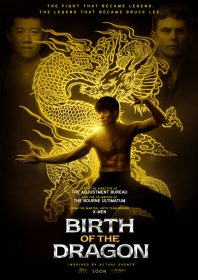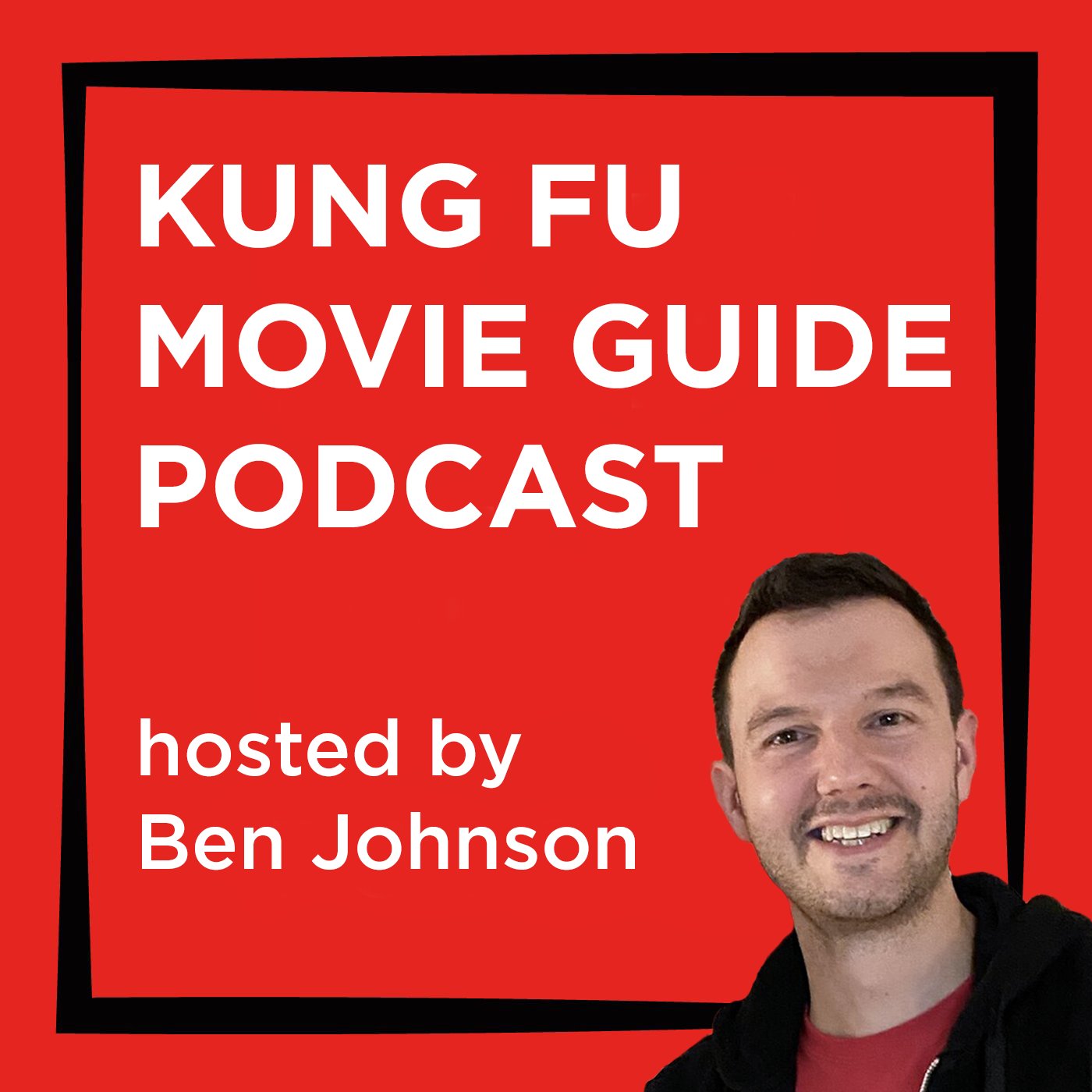
In the true Hollywood sense of never letting the truth get in the way of a good story, this embellished Bruce Lee origin film centres around his highly contested real-life fight with Chinese kung fu teacher and fellow San Francisco resident, Wong Jack Man, who also acts as a consultant on the film. Depending on who you believe, the fight in December 1964 at Lee’s Oakland school either lasted a few minutes with Wong running away from Lee’s flurry of punches (Linda Lee’s account), or it lasted closer to 25 minutes and ended in something resembling a tie (Wong’s account). Irrespective of the facts, the fight had a huge impact on the 24-year-old Lee, who felt limited by his fitness and Wing Chun training, eventually causing him to develop his own system, Jeet Kune Do, rooted in a sense of freedom from style, or what Lee liked to call “the classical mess”.
History has, of course, been kinder to Lee, and Wong’s story has been relegated to merely a footnote in Lee’s legacy. This account – told with great romanticism by The Bourne Ultimatum writer and director of The Adjustment Bureau, George Nolfi – swings the balance more in Wong’s favour, painting Lee as a skilful if petulant egomaniac and blowhard, and Wong as his stark antithesis. He is pious and meditative; an almost supernatural warrior monk who fears that Lee is corrupting the true essence of kung fu. “I’m the future, you’re the past,” Lee yells at his rival in one of the film’s many clunky uses of foreshadowing. In reality, the two men had a lot more in common: both young, ambitious Chinese immigrants trying to make it as kung fu instructors in the USA at a time when very few people had even heard of the term.
The film decides to sidestep the myth about the fight being caused by Lee’s willingness to teach westerners about the secrets of Chinese kung fu (this is not true; Wong himself would later teach some of America’s most successful kung fu practitioners), but the notion of them scrapping because of Lee’s open invitation to San Francisco’s best fighters is also less satisfying. So instead the film concocts a sub-plot involving a fictitious American student of Lee’s, Steve McKee (Billy Magnussen), who becomes targeted by a Chinatown triad when he starts a relationship with a Chinese waitress working in servitude at a restaurant owned by the gang. This incongruously becomes the reason for the bout between Lee and Wong, rather than it simply being a battle of egos.
The Steve McKee character became a huge source of controversy when the film opened, seen by many as another one of Hollywood’s attempts to whitewash an Asian American story. Steve’s role is to act as an apolitical cipher for ‘white America’; a proxy for the USA’s position as a country built by immigrants, and to support the narrative of America being a place where cultural differences are accepted. In one scene, Steve teaches his Chinese girlfriend baseball; when he is injured, she uses a Chinese remedy to treat his wound, helping to realign his chi energy. If the film was actually interested in being a character study on Bruce Lee’s development as both a human being and as a martial artist, then it could have more deeply explored this mixed sense of identity; as an Asian American caught between two cultures, and a need to balance his ‘Chinese side’ (represented by Wong Jack Man) with his more precocious American persona.
By the final act, the film loses all sense of pretension and settles more into an openly knowing and comedic resolution which conjures up memories of Bruceploitation films from the 1970s. The film is a lot more confident when dealing wholly in fantasy – up to that point, it is far less convincing. It should be noted that among all of the baggage sits two very strong central performances. Xia Yu is magnanimous as Wong, looking wonderful in extended tai chi and wushu sequences performed in pillowing Shaolin robes; and Philip Ng is brash, lean, and totally comfortable in Lee’s shoes, marking an assured Hollywood debut for the kung fu star.
- Country: United States
- Action Director: Corey Yuen Kwai
- Directed by: George Nolfi
- Starring: Billy Magnussen, Jin Xing, Philip Ng Wan-lung, Qu Jingjing, Ron Yuan, Terry Chen, Van Ness Wu, Xia Yu
- Produced by: Christopher Wilkinson, James Hong Pang, Janice Williams, Leo Shi-young, Michael London, Stephen J. Rivele
- Written by: Christopher Wilkinson, Stephen J. Rivele
- Studio: Anomaly Entertainment, Groundswell Productions, Kylin Pictures, WWE Studios












